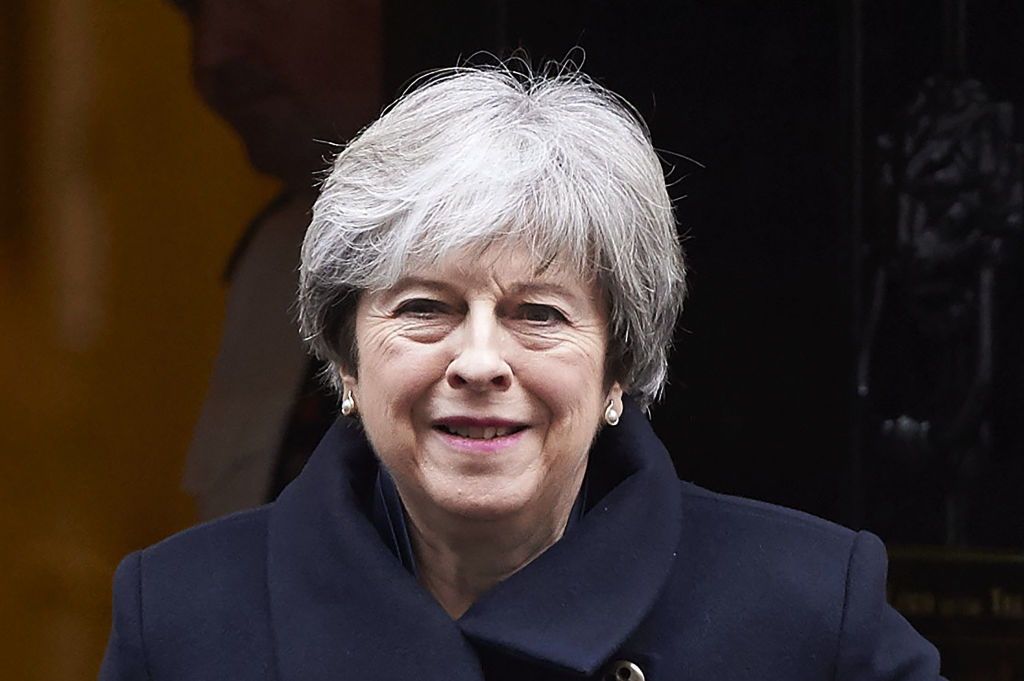This morning has brought predictable outrage about Tory ‘traitors’. The Prime Minister has been undermined, Guy Verhofstadt has had his fun describing it as a ‘good day for democracy’. The government has been reduced to damage-limitation, suggesting that last night’s defeat – which means that Parliament will now have the final say on a Brexit deal – won’t derail its plans.
That is true. Allowing Parliament the final judgement on the deal almost certainly won’t alter the outcome: Britain will leave the EU on 29 March 2019 with whatever deal the government is able to cut with Michel Barnier and his team. Parliament will not vote it down because the alternatives will be too horrible to contemplate and could well achieve completely the opposite of what yesterday’s rebels would like. A last minute defeat on a Brexit deal would very likely result in us leaving the EU without a deal – and completely unprepared for that scenario. Either that or it would leave us in limbo, half in, half out and with negotiations having to begin all over again, with Britain in an even weaker position than before. It would be politically impossible for the government to call off the whole Brexit thing and continue membership of the EU, even if that is what last night’s rebels would like most.
All of which begs the question: why, then, did the government make such a big show of trying to defeat the rebels? Why, earlier in the week, when Mrs May and her team could see which way the wind was blowing, did they not simply concede and say, yes, Parliament would be granted the final say on the Brexit deal?
We have been here before, with the Article 50 bill. The government determined that there would be no Commons vote. It then fought Gina Miller through the High Court and lost. Remainers were ecstatic – for a bit. Then we had the Commons vote on Article 50 and it passed easily, with Opposition support. In the end Gina Miller had nothing whatsoever to show for her legal victory. She succeeded in her claimed purpose of fighting for Parliamentary democracy while failing in what some saw as her real objective: to block Brexit.
The trouble with trying to oppose a Parliamentary vote is that it brings out some pretty solid Conservative rebels. One could reasonably argue that Heidi Allen, with her tendency to blub in the chamber and her threat to oppose the Queen’s speech – which could have turned out of office the very party with which she had just stood for election – is not a ‘real Conservative’, but not Dominic Grieve. Can anyone imagine him representing any other party? Moreover, the government’s stand exposes it to one of the Remain lobby’s better arguments: asking why, if Brexit is supposed to be about sovereignty of the British Parliament, is the government trying to bypass a Parliamentary vote?
Having strengthened her position last week in Brussels, Theresa May is looking weak again. If she wants to survive she is going to have to discover greater faith in Parliament.







Comments